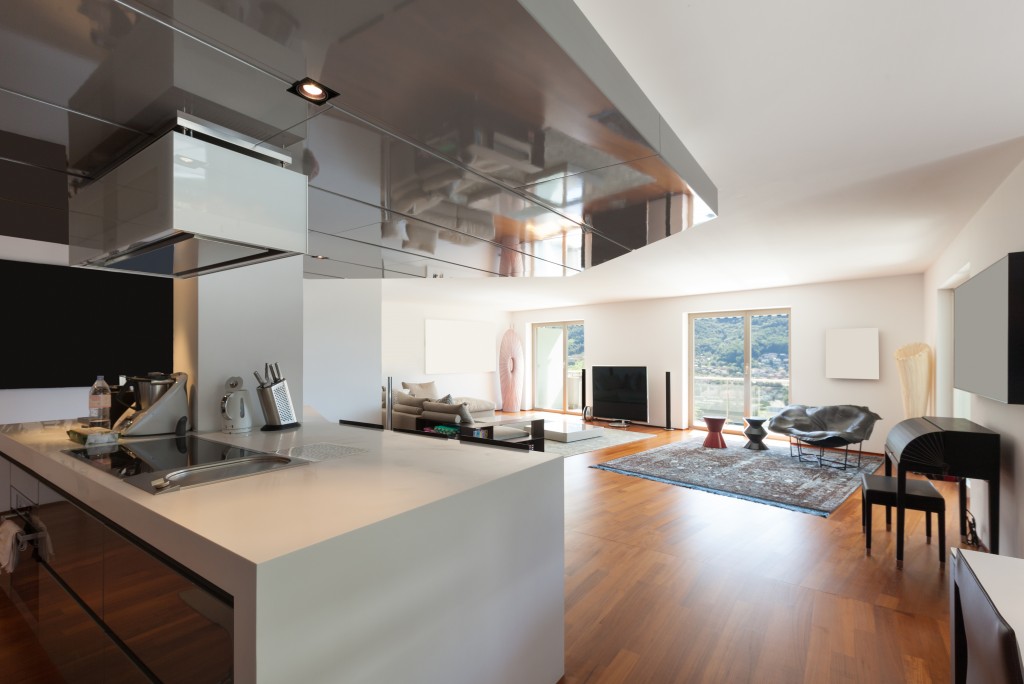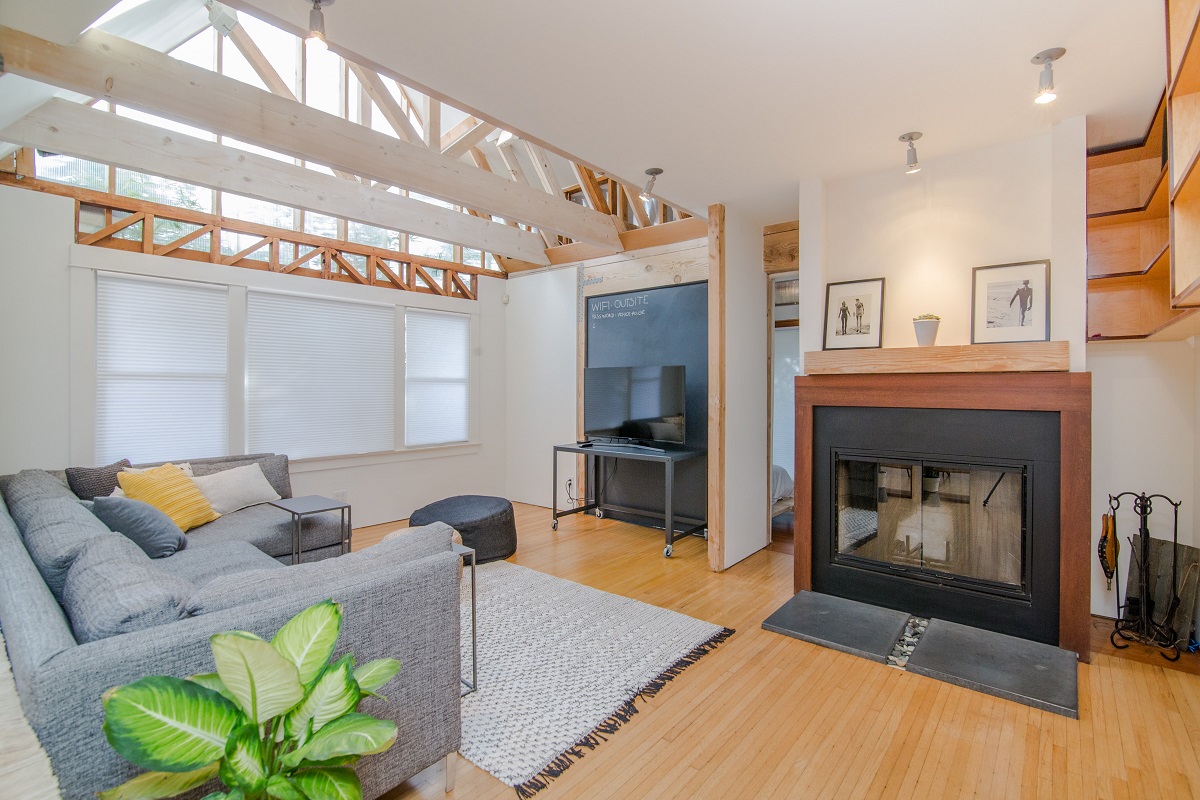Disclaimer: This website provides health information for educational purposes only and is not a substitute for professional medical advice, diagnosis, or treatment. Always seek the guidance of a qualified healthcare provider with any questions you may have.
People were able to live a comfortable life before the power grid was invented. But now that we are in the modern age, rarely will you come across people who can live without the power grid.
Most people can’t imagine living in the middle of anywhere, producing their own food, collecting their water, and generating their own electricity. But some families are interested in living an off-grid life. According to research, at least 180,000 families already live the off-grid lifestyle, with their number continuously growing each year.
Why People Choose to Live Off-Grid
People can have different reasons for switching to an off-grid lifestyle.
- Many want to be self-sufficient and stop being dependent on outside resources. They want to reduce or eliminate their reliance on the grid system.
- Others are all about sustainable living. They want to be able to produce more than they can consume.
- Still, others want to take advantage of renewable energy since it is free, after all.
- Some people went off-grid for healthy living. Since pursuing a healthy and back-to-nature lifestyle is hard work, they take it as a challenge. They also like the rewarding feeling of providing everything they need through their effort and resources.
- There are people dedicated to reducing waste and consumerism. They want to lead by example and share their experiences and knowledge with others.
These are but a few reasons many have already switched to the off-grid lifestyle.

Is It Illegal to Live Off-Grid?
Living off the grid is, technically, legal. For one, it is not illegal to grow your produce, raise livestock, or build a house without being connected to a power grid. But if you live in a city, country, or state with strict ordinances and zoning restrictions, there could be problems.
Did you know that in most places in the U.S., you are only allowed to camp in your own land for less than two weeks? Your house or cabin must also meet the minimum square footage and needs to be approved by the city and county office. The house you will build, whether it’s on-grid or off-grid, must still meet building codes and must have the proper building permit.
Some countries don’t allow people to disconnect from a water and power system source. You can’t just dump your waste anywhere, after all; you need a proper septic tank system installed in a place that needs to be tested.
As for your livestock and gardens, you can’t sell your produce without a permit. The closer your place is to the city, the stricter the rules get with the kinds of livestock you can tend to.
So, even if you’re doing something legal per se, failing to follow specific zoning rules and city regulations will make off-grid living illegal.
Why You Can’t Live Off the Grid Completely
Most people can only live a partially off-grid life. Here’s why.
- Take the example of people who can’t live without their livestock. There’s a reason farmers keep their livestock inside barns all year. Farmers want to keep the animals comfortable, no matter the season.
Without temperature controls, it will be tough to keep horses, cows, pigs, chickens, and turkeys warm enough in the winter and cool enough in the summer. Without the right temperature, the animals can get sick and die. The same is true for your home and family, who will need the comfort of HVAC systems.
- You may have invested in solar panels to generate energy from the sun, but this can cost you a considerable amount of investment, on top of your other expenses. If you don’t have that much money, installing solar panels and PV cells can be challenging.
There will always be other things to spend on, such as your kids’ education, mortgage, health insurance, and even income taxes – since you need to work to pay for all these.
- Year-round power. It also becomes tricky to position your solar panels in a place that’s continuously exposed to the sun. If the solar panels don’t get enough sun exposure, this will affect power generation for your home or barn, especially during the winter.
- Cities often check if you’re compliant with rules and zoning restrictions. As such, you can only do so much to your property and the wetlands around it.
All these show how complicated living off the grid can be.
Many people make life-changing decisions without thinking. Since living off-grid doesn’t mean you necessarily want to leave behind the life you’re used to, it only makes sense that you do substantial research and invest a considerable amount of cash to make things happen. Learn about the challenges of living off the grid. Know what you can and can’t do on your property.
And if you still feel that this lifestyle is for you, go ahead and thrive in it.




